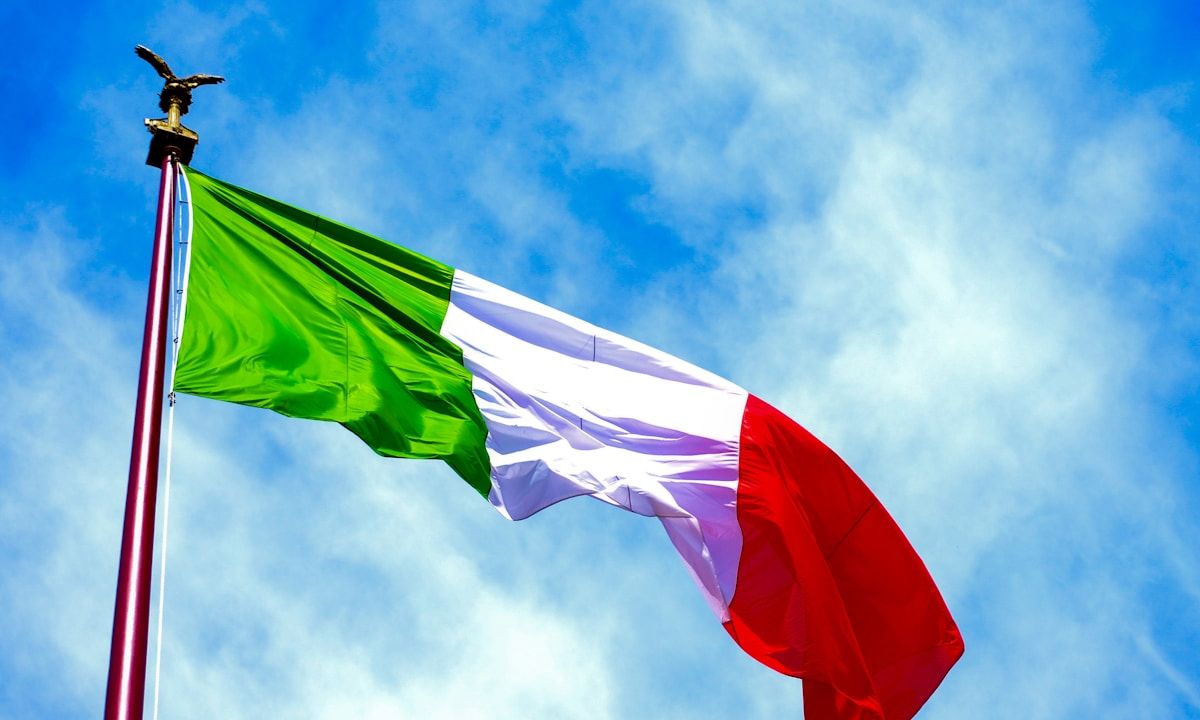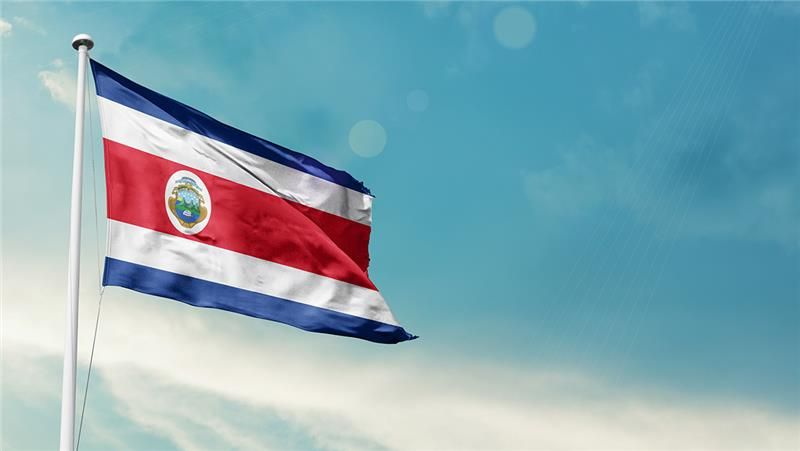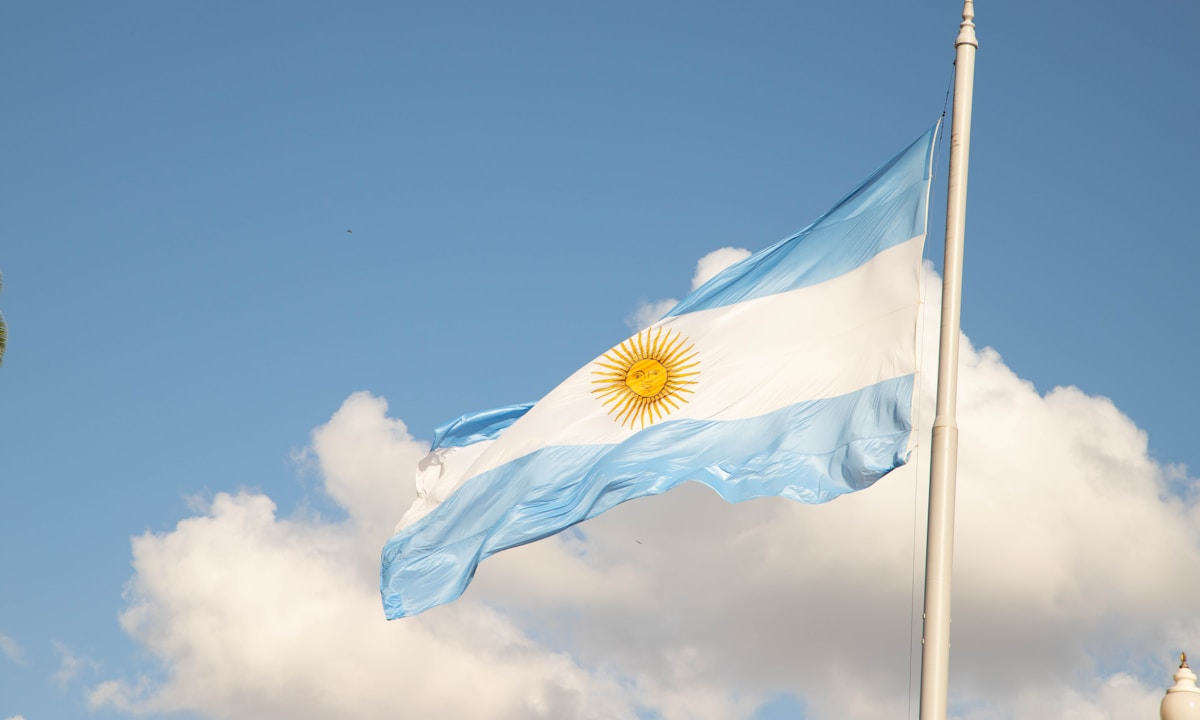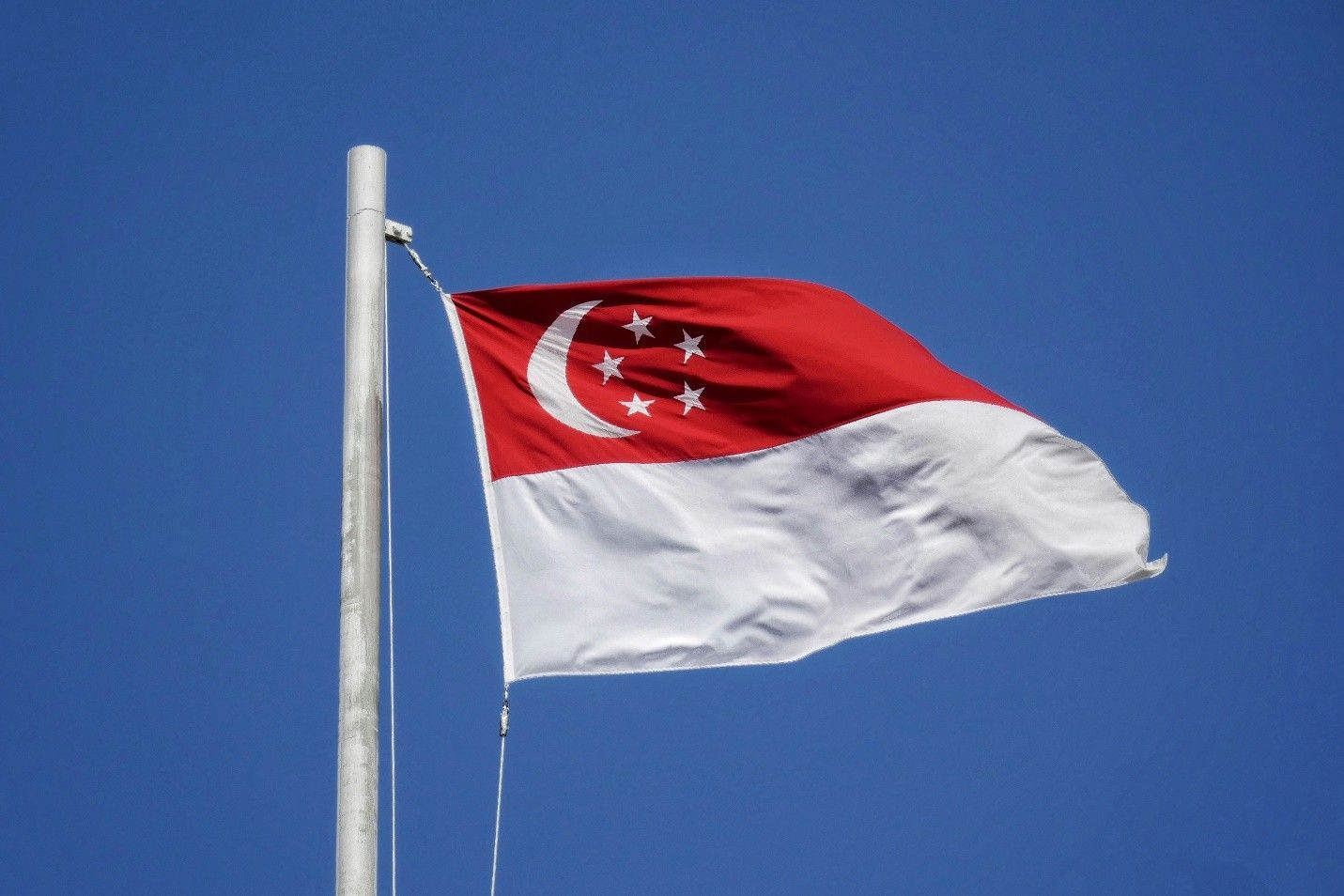
International Markets, Week in Review
Mastering business etiquette in Colombia
An international credit professional’s main duty is to foster customer relationships by understanding their customs, culture, and business style.

An international credit professional’s main duty is to foster customer relationships by understanding their customs, culture, and business style.
Why it matters: This is crucial as it directly impacts the company’s global reputation, customer satisfaction and ultimately, the bottom line.
Colombia, known for its vibrant culture of dance, music and celebration, is regarded as one of the world’s happiest countries. Colombia’s cultural diversity has led to unique festivals, languages and religious practices. It ranks among the top five countries with the most public holidays.
Prior to the advent of European colonization, indigenous societies have consistently placed significant importance on communal living and tightly integrated family structures.
Colombia’s population predominantly consists of mestizos, individuals with mixed European and indigenous heritage. Although Spanish is Colombia’s official language, there are more than 60 indigenous languages still spoken by various groups as well, along with English and Romani.
Although Colombia has no official religion, the vast majority of Colombians are Catholic. Respectful interactions include Colombians’ preference for personal space, with conversations held at arm’s length.
Top Export Partners
The U.S. buys 36% of Colombian exports, followed by China, Spain and Panama, each buying roughly 5%. Both Venezuela and the Netherlands buy 4%.
Major Export Products and Services
Colombia’s major exports include petroleum, coffee, apparel, coal, nickel, bananas, cut flowers and emeralds. The country also exports such services as communications, transportation, travel and tourism and construction and engineering.
Top Import Partners
Colombia buys 24% of its imports from the U.S. China supplies 16% of Colombia’s imports, followed by Mexico at 10% and Brazil at 5%.
Major Import Products and Services
Colombia imports industrial and transportation equipment, electricity, consumer goods, chemicals, paper products and fuels. Its service imports include financial and telecommunications.
Relationship Building
Colombians favor conducting business with familiar individuals, often seeking personal relationships as part of their decision-making. The success of your business deal may depend more on your rapport with Colombian partners than the proposal’s merits. Thus, relationship building is crucial.
Expect to spend a long time in initial meetings engaged in small talk rather than directly business-related discussion. When discussing business with Colombians, start and finish with personal chat. Otherwise, it may seem like you’re only focused on your business, not the individual you’re conversing with. Follow your hosts’ cues, and only discuss business if they initiate it, whether in a meeting or social setting.
The importance of personal relationships in professional settings in Colombia implies that you should always accept social event invitations. This allows Colombian professionals to familiarize themselves with you beyond business.
Many high-ranking Colombian businesspeople can speak English, but your Colombian counterparts might choose to converse in Spanish. If you are not fluent in Spanish, check ahead to find out if your Colombian counterparts would prefer that you bring a translator, and print a Spanish version of written materials.
Even if you do not speak Spanish, as a courtesy to your counterparts, try to learn basic words and phrases, such as “por favor” (please) and “gracias” (thank you).
Negotiating
The goal of negotiations in Colombia is to build a lasting and strong relationship of trust between business partners. Engaging in rigorous networking activities and seeking third-party endorsements are strongly recommended. The extent of your professional connections plays a significant role in determining the willingness of others to establish connections with you.
Colombians favor competitive negotiations that yield mutual benefits and foster long-term relationships. They’re flexible on short-term details, preferring a non-confrontational approach. A positive patient, and determined attitude is key.
If there is disagreement at any stage, emphasize long-term benefits, and leverage personal relationships. Well-positioned connections are of use in this situation.
Creative solutions to business problems are welcomed in Colombia; however, Colombians tend to dislike change and typically avoid taking business risks. Minimize your counterparts’ risk perception by introducing yourself through a local intermediary (enchufado), leveraging mutual connections and showcasing your dedication and personal traits. Mitigate agreement risks with contingency plans, guarantees and warranties.
Note that Colombian businesspeople tend to admire people who have integrity, are sincere and are charismatic. Respect is especially afforded those who are well educated and who have achieved high status.
Business Etiquette
In Colombian business etiquette, initial interactions are typically formal. Use full academic or professional titles when addressing individuals. If no title is available, use Señor, Señora or Señorita, followed by the surname. Remember, Colombians, like many Latin Americans, have two surnames—the father’s, which is used in greetings, comes first.
Foreign businesspeople should arrive on time for meetings, even if they often start late. If over 10 minutes late, call ahead. Waiting patiently for the meeting to start is crucial to avoid a negative impression.
Any impression that you want to hurry proceedings along will be off-putting to your Colombian counterparts. If they sense you’re rushing the relationship or negotiations, they’ll become suspicious and hesitant to commit.
Colombia’s strong business culture is hierarchal and formal and certain professional courtesies are expected during meetings or when colleagues meet for the first time. Junior level employees are introduced after managers and those in leadership roles, but each gets his or her own introduction and presentation.
Everyone in the room is greeted by everyone else and upon departure handshakes and salutations are exchanged by all. Business cards are not usually exchanged with everyone, but only when there has been an agreement to keep in touch with the other person.
Handshakes should be firm between men, somewhat lighter between women, and accompanied by direct eye contact. Women will often greet friends and close acquaintances, regardless of gender, with a kiss on the cheek.
Be prepared to spend a great deal of time socializing, even during business meetings. It’s not unusual for initial meetings to include almost no direct talk of business, but lots of small talk about family, health, sports and other aspects of personal life.
Colombians often converse closely, frequently touching arms or hands, especially in social settings. Despite potential discomfort for those unaccustomed to this, it’s crucial not to pull away during conversation as it may appear unfriendly.
Also note that Colombians often interrupt meetings to participate in side conversations. This isn’t a tactic, but a simple cultural norm. Please be patient with this practice.
FCIB members can learn more about the culture and business etiquette of different countries in the World Trade Reference.






